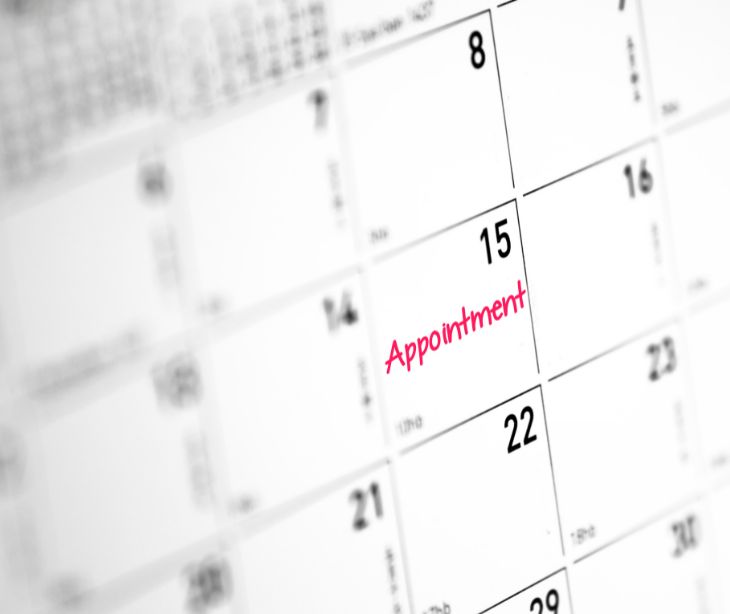
Dentist appointment reminders are crucial to keeping patients on track with their dental health. At the same time, they lead to more productive operations for practices.
But do these notifications qualify as protected health information (PHI)? Here is everything you need to know about sending HIPAA compliant appointment reminders.
What does the HIPAA Privacy Rule say about appointment reminders?
Dentists are considered covered entities under HIPAA if they engage in electronic transactions relating to healthcare services payment. In these cases, they are required to put security policies in place that safeguard patients’ PHI.
PHI refers to any identifiable information that is used in the course of providing healthcare services. Since appointment reminders contain a date that connects to patients’ care, they are, in fact, a form of PHI.
The HIPAA Privacy Rule allows covered entities to use and disclose PHI for treatment, payment, and other healthcare operation purposes. Appointment reminders are a part of treatment, so dentists can send them without authorization.
How to keep dentist appointment reminders secure
While dentists are allowed to send appointment reminders under HIPAA, there are certain precautions to take.
Consider the potential for unauthorized access regardless of how an appointment reminder is delivered. For instance, family members might overhear a voicemail, or cybercriminals could hack email systems. To protect patients’ private information in a data breach, dentists should limit the amount of PHI included in appointment reminders.
Stick to the basic details such as the patient and practice name, appointment date and time, and contact number. Leave out sensitive data like the name of the patient’s dental condition or specific treatment plan.
When it comes to electronic appointment reminders, let patients know you will be sending them in advance and give them the option to opt out. If these messages are sent through a non-secure platform, dentists must be fully transparent with patients about those risks.
Maintaining clear and up-to-date privacy policies is vital to ensuring that patients thoroughly understand what they are agreeing to. Another best practice for avoiding unintentional privacy violations is to ask patients to verify their contact details on a regular basis. In addition, remind them to keep you updated on any changes to their information.
Dentists must also comply with reasonable requests about the format of appointment reminders.
For example, patients could ask for reminders to be sent to a personal email address instead of work. Others might request to receive notifications via phone call instead of text.
When making accommodations that fall outside your standard procedures, ensure you update security measures accordingly.
Send reminders with HIPAA secure software
Limiting identifying information and obtaining the necessary permissions can help safeguard patients’ PHI. However, there is still a risk of human error.
A safer and more seamless approach for dentists is to use a HIPAA compliant email solution, app, or scheduling software.
This means that if your dental practice uses a third-party platform to send automated appointment reminders, you must obtain a business associate agreement (BAA).
A BAA outlines the obligations of the service provider in protecting PHI. If the company is unwilling to sign one, there is no guarantee that the information stored on the platform is secure.
Appointment reminders are considered PHI
Under HIPAA, dentist appointment reminders are considered PHI. Therefore, certain protections must be put in place to protect patient privacy.
Subscribe to Paubox Weekly
Every Friday we'll bring you the most important news from Paubox. Our aim is to make you smarter, faster.




